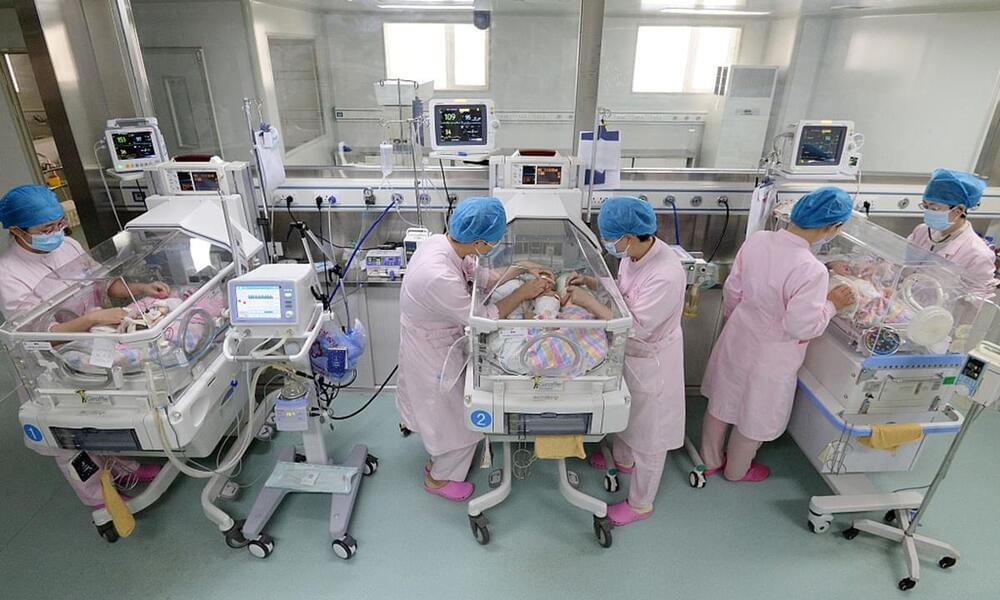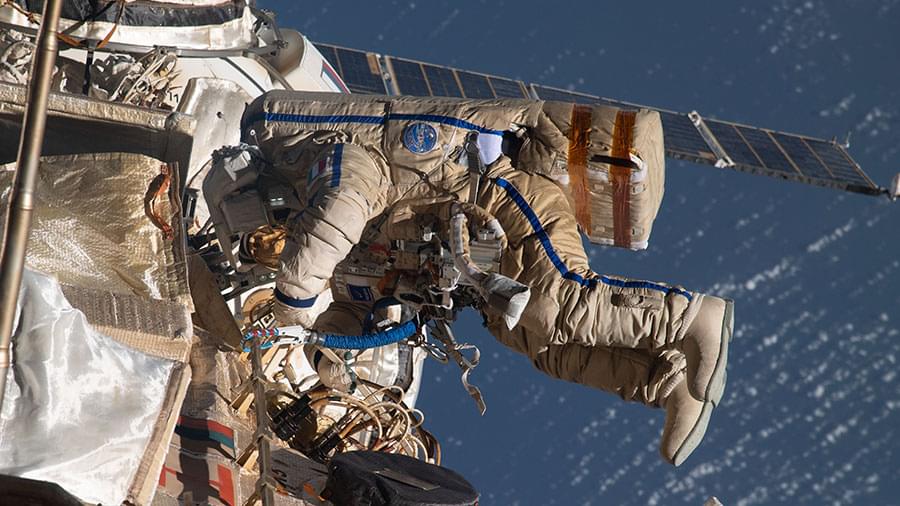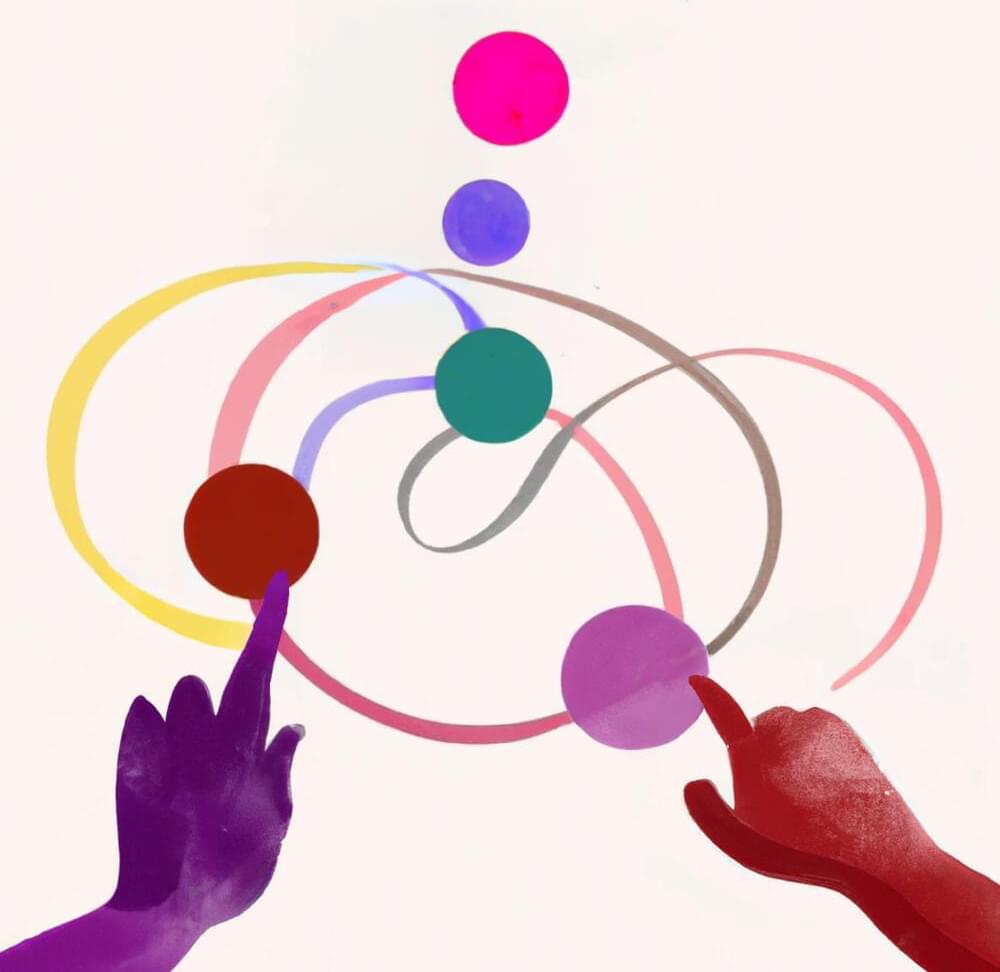His new prototype had 39 percent greater torque over a traditional motor.
A young engineer called Robert Sansone won the first prize, and winnings of $75,000, at this year’s Regeneron International Science and Engineering Fair (ISEF), the world’s largest international high school STEM competition.
As per Smithsonian Magazine, his new invention could one day transform the electric vehicle (EV) industry. It is a synchronous reluctance motor with improved performance over previous models.
Robert Sansone is a natural born engineer. From animatronic hands to high-speed running boots and a go-kart that can reach speeds of more than 70 miles per hour, the Fort Pierce, Florida-based inventor estimates he’s completed at least 60 engineering projects in his spare time. And he’s only 17 years old.
A couple years ago, Sansone came across a video about the advantages and disadvantages of electric cars. The video explained that most electric car motors require magnets made from rare-earth elements, which can be costly, both financially and environmentally, to extract. The rare-earth materials needed can cost hundreds of dollars per kilogram. In comparison, copper is worth $7.83 per kilogram.




